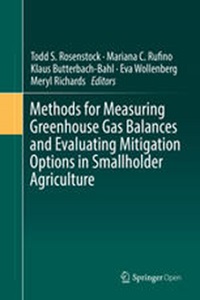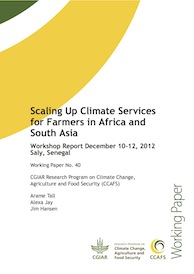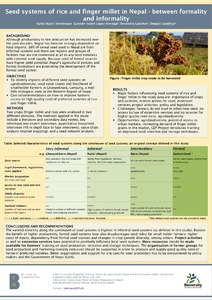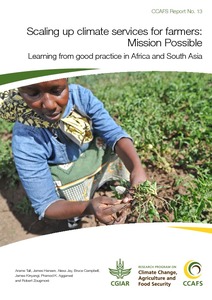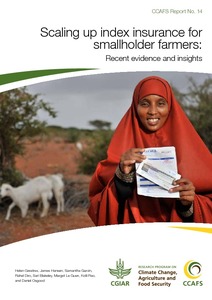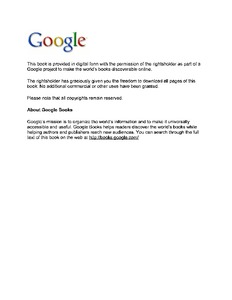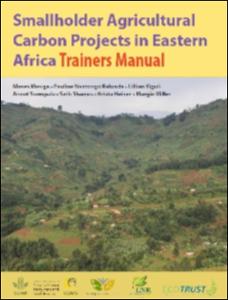Safe wastewater reuse: a call for sanitation safety plans.
The publication of the third edition of the WHO Guidelines for Drinkingwater Quality (WHO, 2004) introduced the concept of integrated, preventive risk management through water safety plans (WSPs) as a means to put into operation the principles, standards, norms and best practice proposed by the Guidelines. The WHO suggests applying the same concept to support the implementation and operationalization of their Guidelines for the Safe Use of Wastewater, Excreta and Greywater in Agriculture and Aquaculture (WHO, 2006) which follow the same principles of HACCP and health-based targets.


